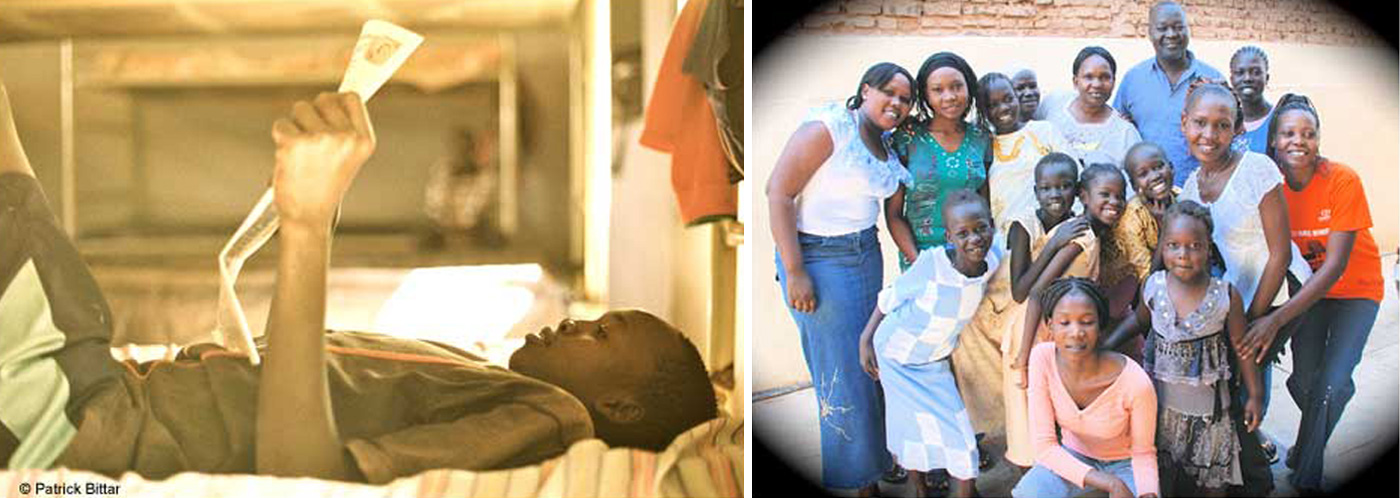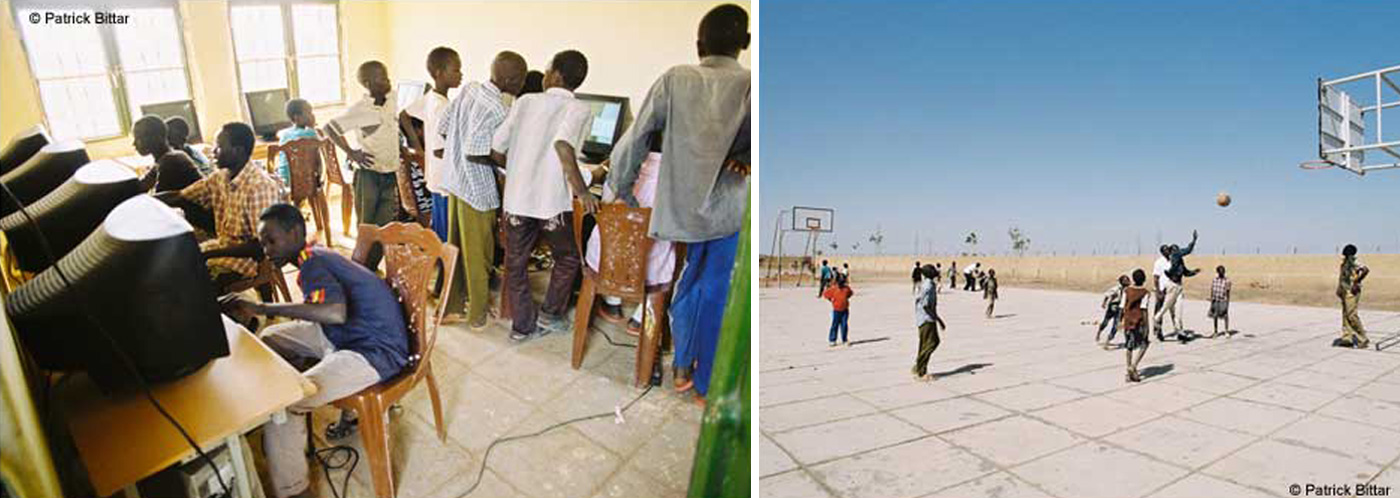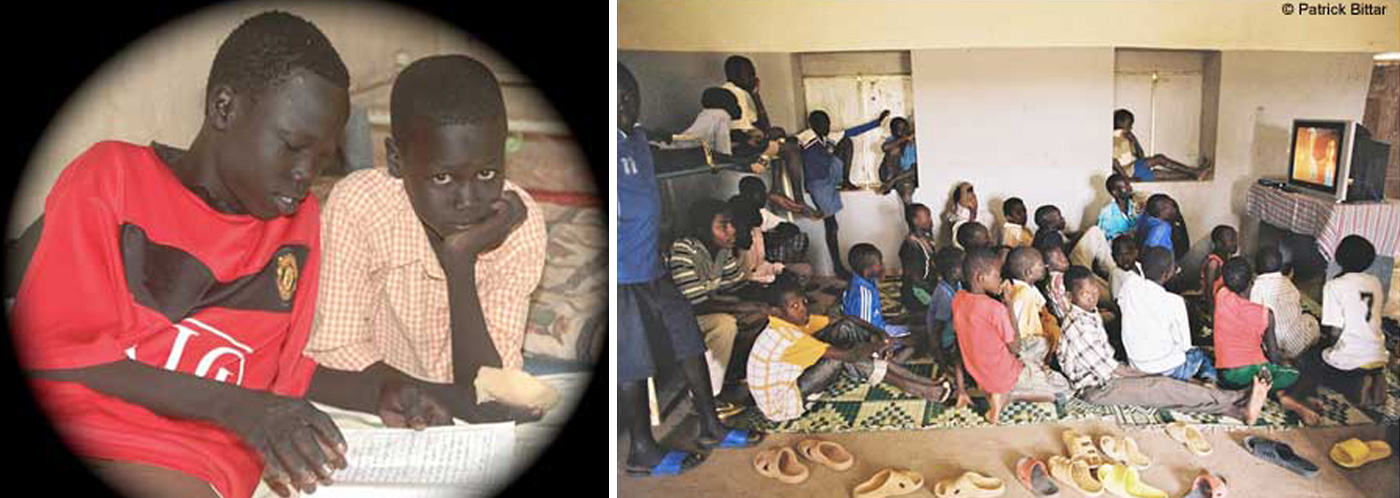Since 2015, ASASE no longer supports any program in Sudan.
This program was set up in 1986 to care for the children who used to live in the streets of Khartoum, the capital, having fled the war raging in the South.
After the peace agreement between North and South in 2005, other internal conflicts (in the West, in Darfur, since 2003, and in the North, the Nuba Mountains) have maintained a stream of displaced people that justified our continued support to the weakest of them.
The number of street children in Khartoum was increasing.
Orphans, or separated from their families, these abandoned children pinch to survive, and are exposed to the dangers of their vagrant life: urban violence, police harassment, drugs, rapes, prostitution, slavery... They were collected by the Sudanese authorities and left to the care of Saint-Vincent-de-Paul Society (SVDP).
In 2010-2011, 194 beneficiaries of this program have chosen to return to the South before the effective partition of the country.
End of 2011, the number of children taken care of was 290.
When they get 19, according to the law, they must leave our homes.
SVDP collaborated with UNICEF for family tracing reunification (FTR) programs, and had become the focal point of reference in this field for children Southerners living in Northern Sudan.
The program was run by a team of sixty people including social workers, foster parents, psychologists, a doctor, a sports coach…
About 200 beneficiaries have graduated from University.
The three homes
The little boys (14) and the girls (32) were in the care of a host family: a Sudanese couple, sometimes assisted by another foster mother, all paid by SVDP. These foster parents tried to establish new family ties with the children.
Everything was done for the children to recover from their distressing past in the street.
The hosted kids lived together with the children, often numerous, of the foster parents, sharing everything like a single family. They received food, medical care, access to education... and the affection so necessary to a child's survival.
Girls who continued their studies at university were still hosted through this program.
The two farms for 230 adolescents
In the morning the boys used to go to school. In the afternoon, they could attend training workshops and learn basic knowledge in computers, carpentry and electricity. In the farm, they could also learn elements of agriculture and stockbreeding.
Each farm had a dispensary, a small library and a TV room.
Teens could practice some sports: basketball, tennis, football with a coach.
Each year the rate of success of our children in the Sudanese secondary school certificate was between 75 and 80%, which was above the national average.
Excerpts of an evaluation report made by an independent consultant in January 2011
« The major findings of this study are that the project has succeeded in rehabilitating former street children through social skills and behaviours training, reinforced by stability living environment. Children testified that they came from the streets with their behaviours which often prevented them to start school immediately and often need time to adjust to a structured life (…)
The evaluation observed a general impact on the well being on children. By giving children access to basic needs such as protection, shelter and health care the author argues the project increased their well being (…)
Since its inception the project has reached over 10 000 children and has had the greatest impact on increased access to education. All the children enlisted in the programme had access to education and for some this was the first time they went to school even if they had passed their school starting age (…)
Saint-Vincent-de-Paul remains one of the only few organizations working with former street children and serving the greatest number of children. Saint-Vincent is been used as a model of best practices by the government. »





